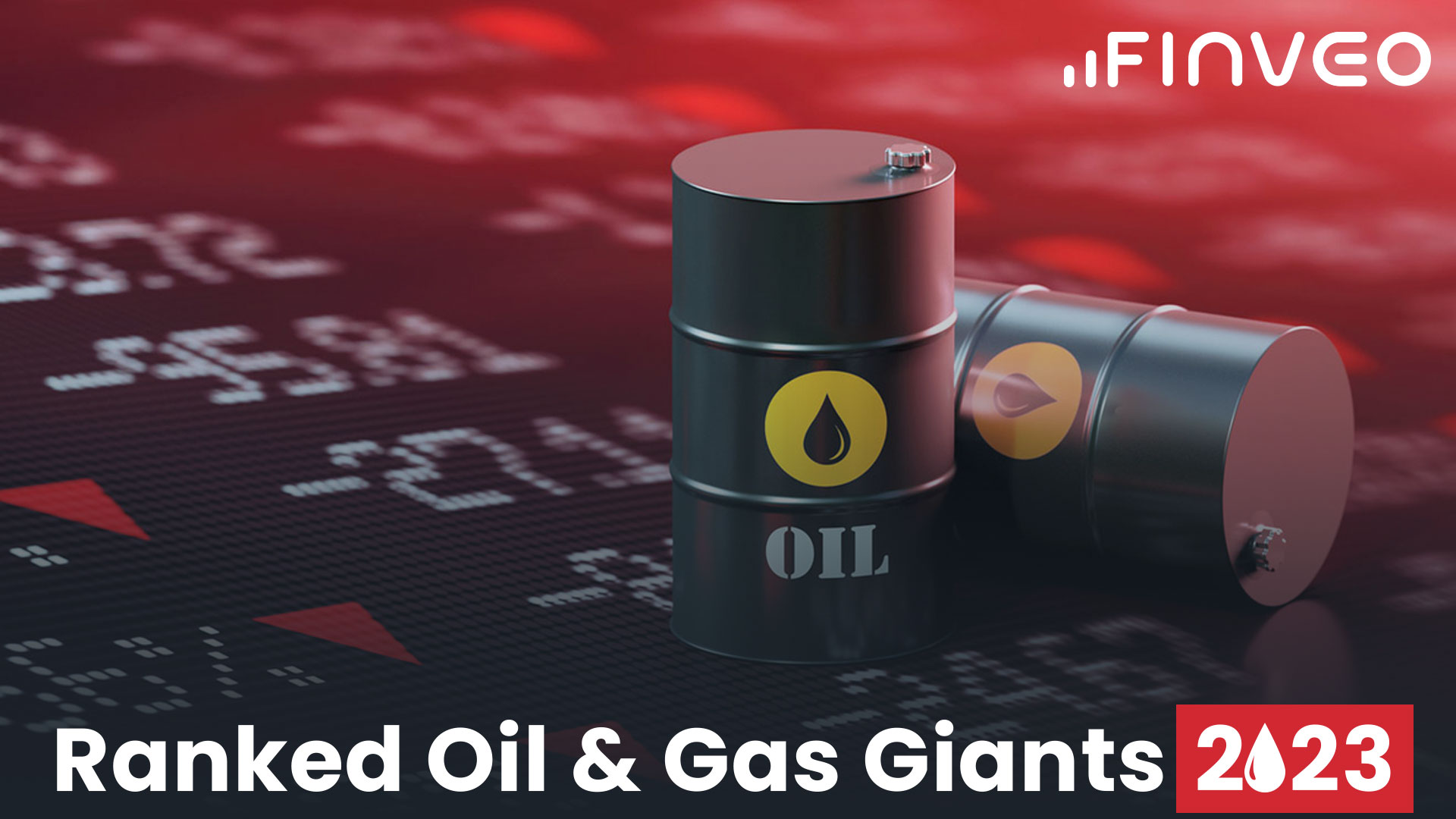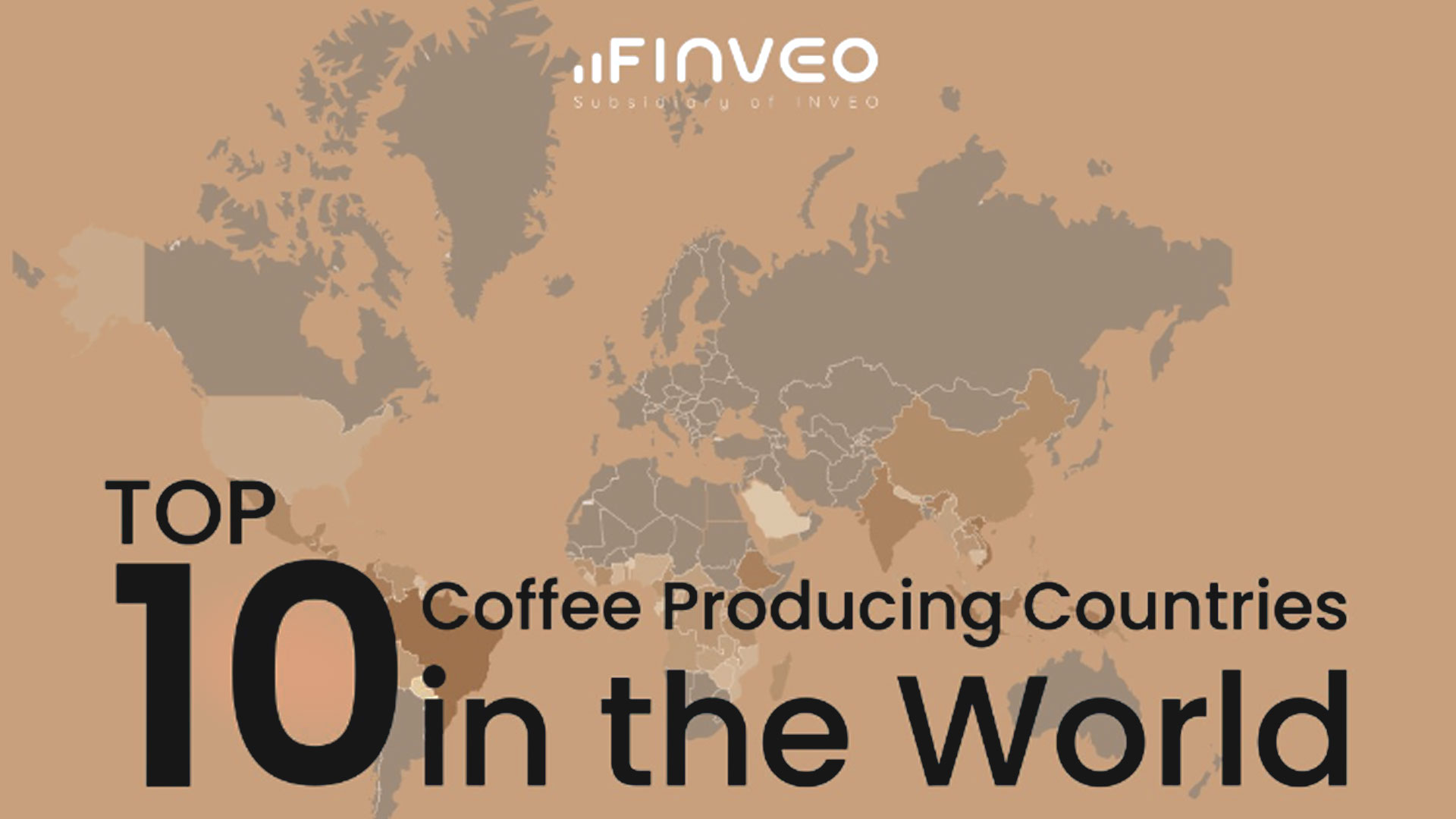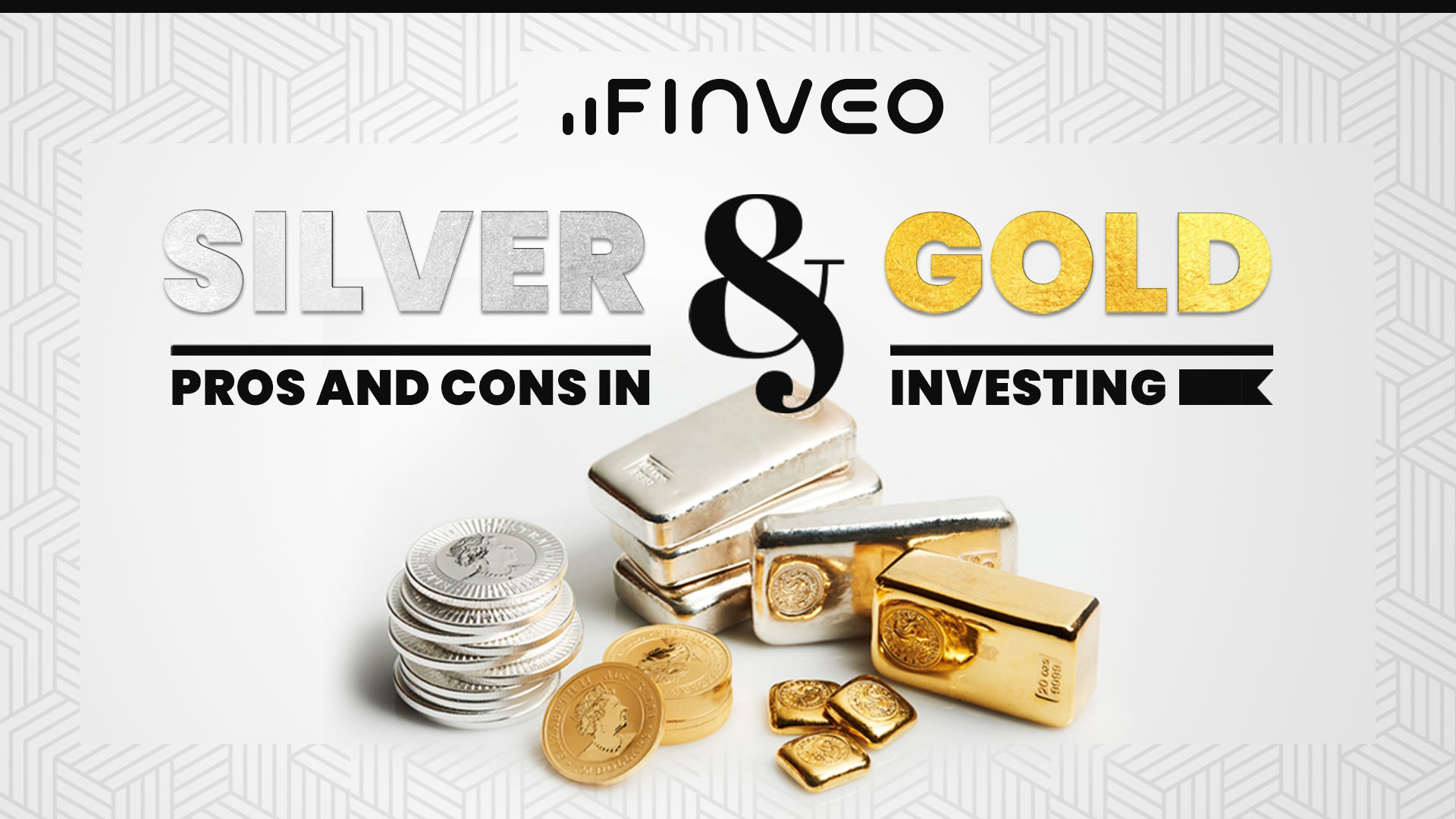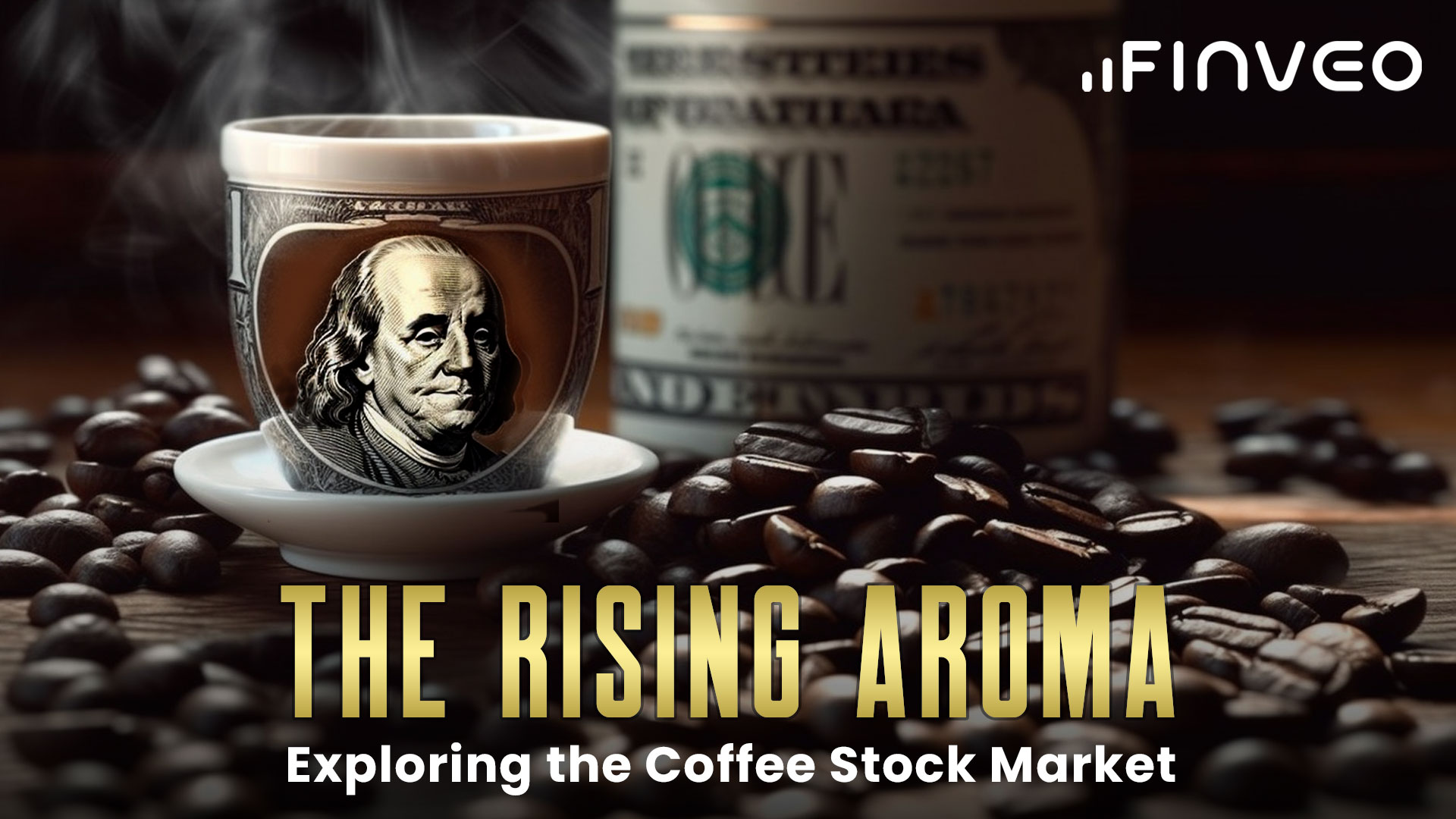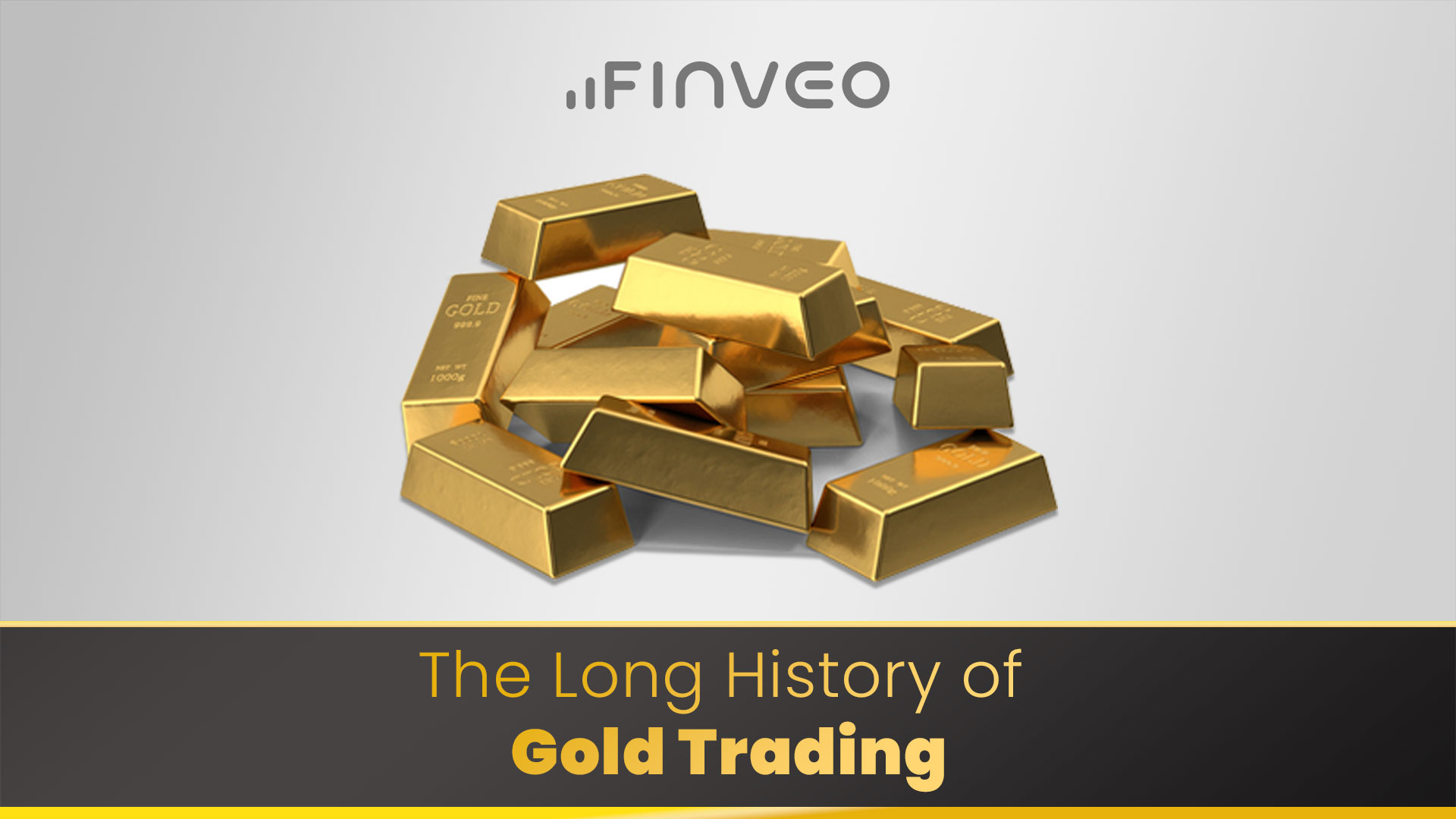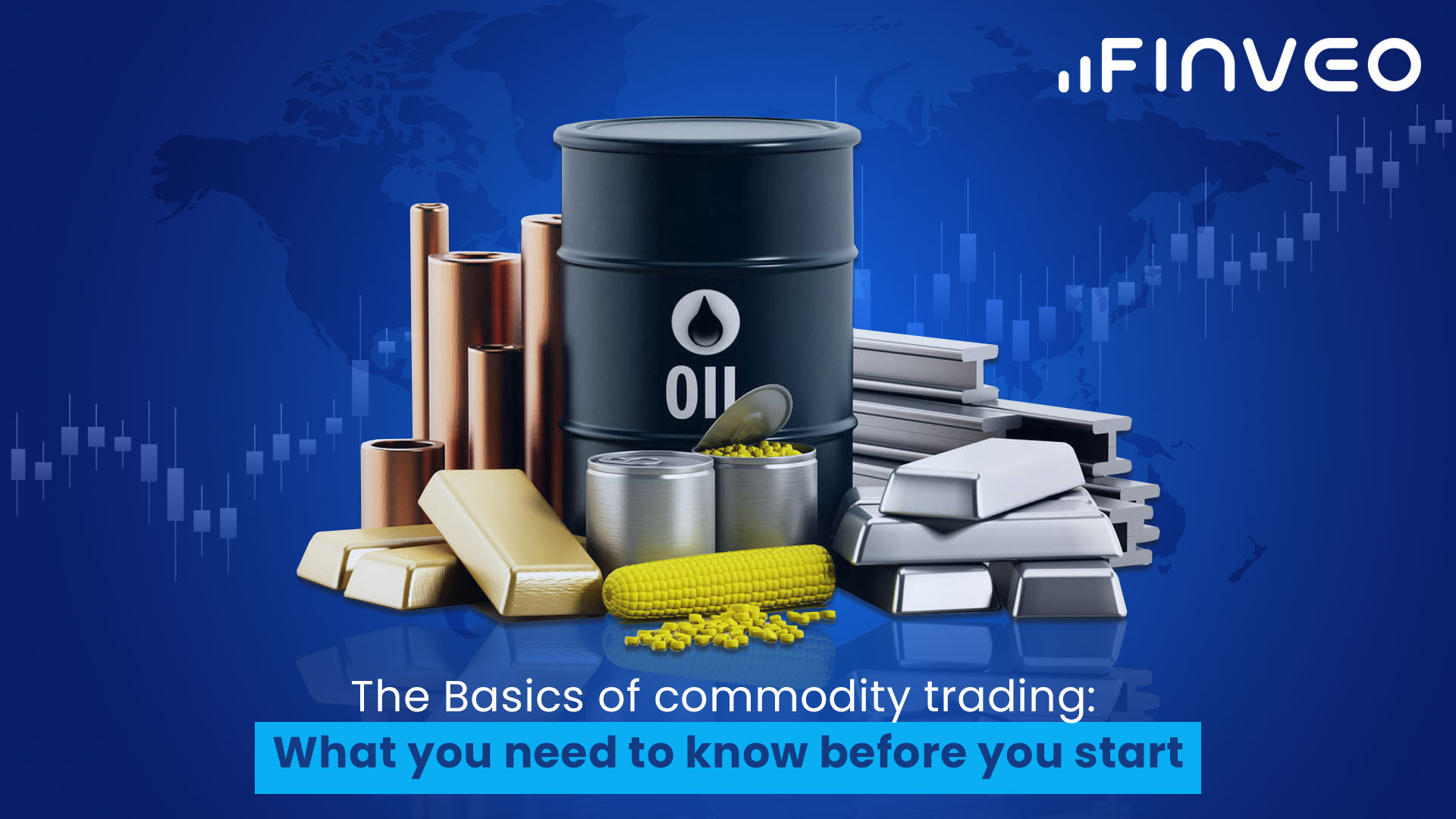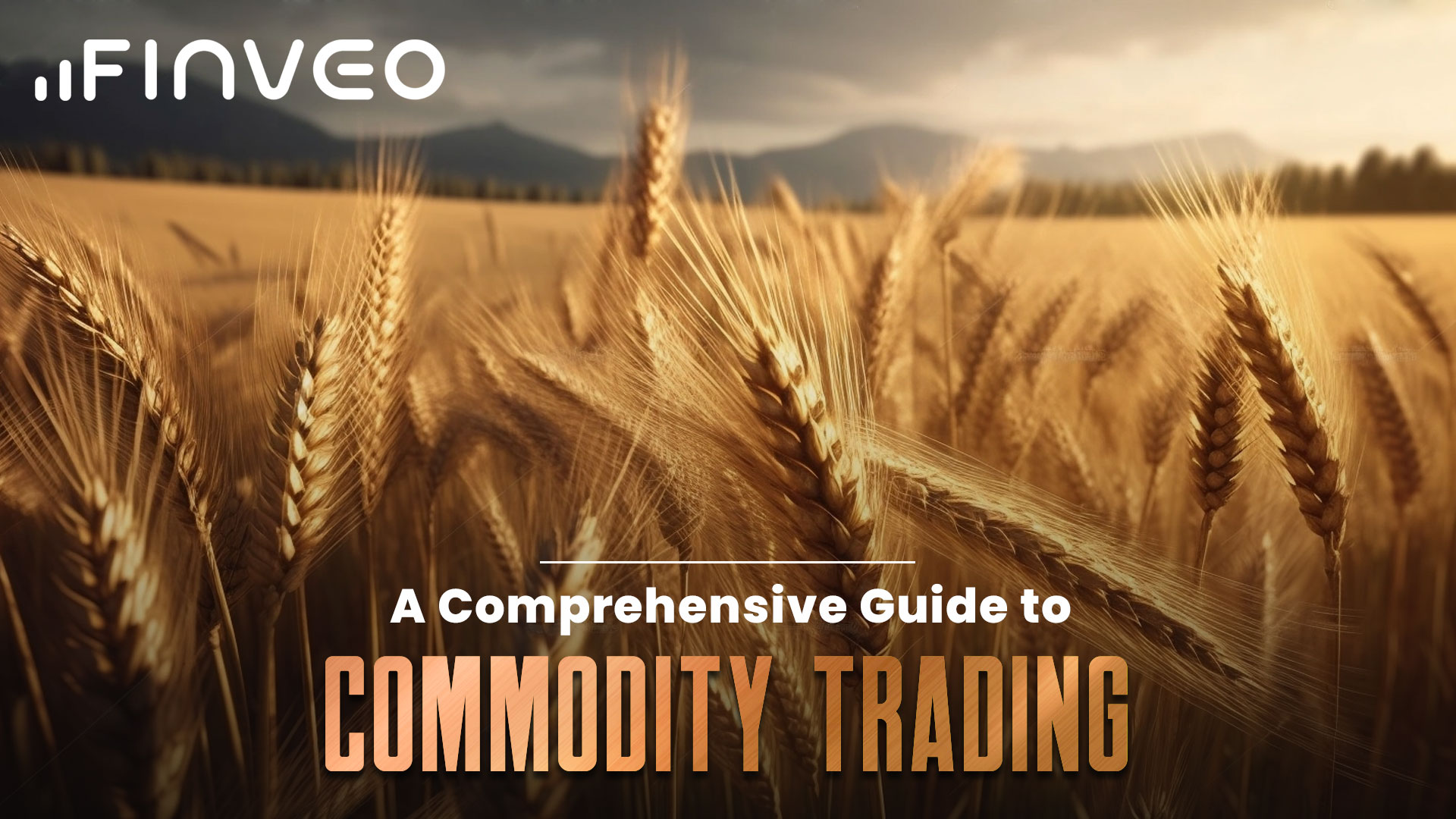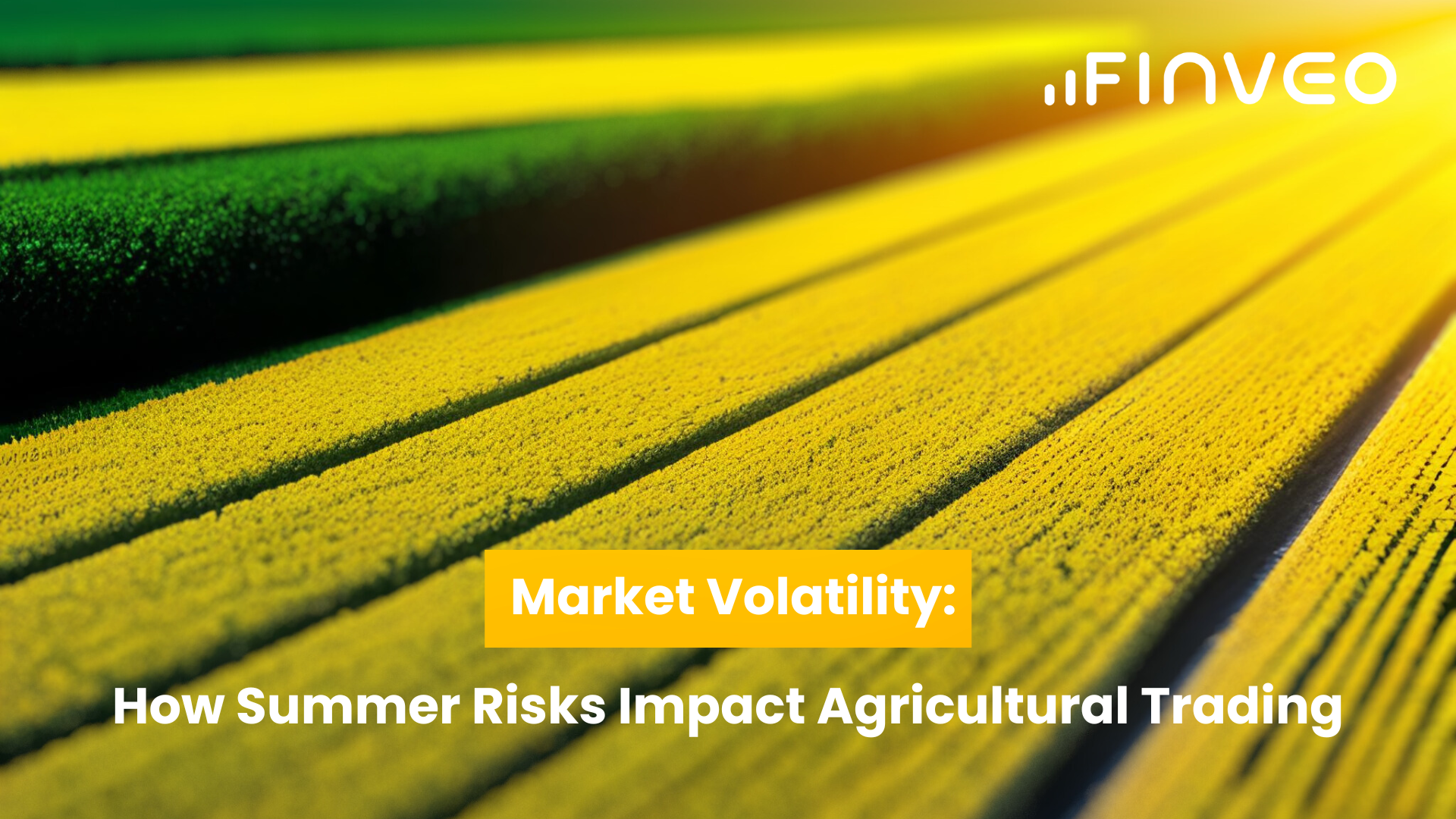Commodity trading is a type of investment that involves buying and selling commodities, such as gold, oil, and agricultural products. It is a popular form of investment because it offers the potential for significant profits. However, commodity trading can be complex, and it is important to understand the basics before getting started.
What is Commodity Trading?
Commodity trading involves the buying and selling of raw materials or primary products, such as gold, silver, crude oil, or wheat. Commodities are traded in two ways: through futures contracts and spot contracts. Futures contracts allow investors to buy or sell a commodity at a specified price on a future date, while spot contracts allow investors to buy or sell a commodity at the current market price.
Why Invest in Commodities?
Commodity trading can be an effective way to diversify an investment portfolio, as commodities often have a low correlation with other asset classes, such as stocks and bonds. Additionally, commodity prices can be influenced by a variety of factors, such as supply and demand, geopolitical events, and natural disasters, which can create opportunities for profit.
Types of Commodities
Commodities can be divided into two categories: hard commodities and soft commodities. Hard commodities are natural resources that must be mined or extracted, such as gold, silver, copper, and crude oil. Soft commodities are agricultural products, such as wheat, corn, soybeans, and coffee.
Commodities can be further divided into subcategories based on their properties and usage. Here are some of the most popular types of commodities:
1. Energy Commodities
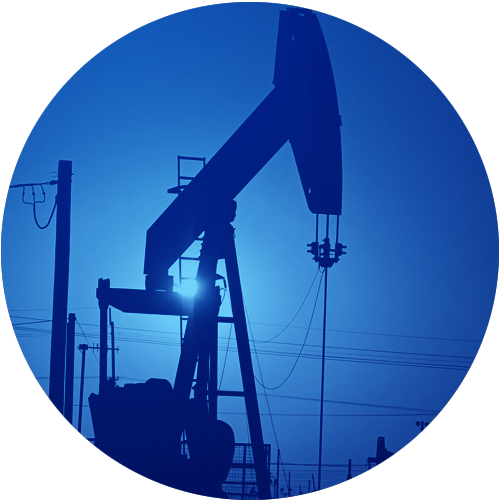
Energy commodities are those that are used to produce energy, such as crude oil, natural gas, and coal. Crude oil is the most traded energy commodity and is used in the production of gasoline, diesel, and other fuels.
Natural gas is another popular energy commodity, used for heating and electricity generation. Coal is also an energy commodity that is widely used in power generation and steel production.
2. Precious Metals
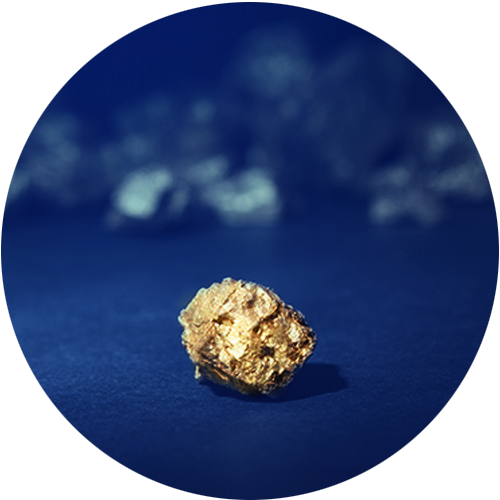
Precious metals are those that are highly valued for their rarity and beauty, such as gold, silver, and platinum. Gold is one of the most popular precious metals and is often used as a store of value during economic uncertainty.
Silver is also a popular precious metal, used in the production of jewelry, electronics, and other industrial applications. Platinum is another valuable precious metal, used in the production of catalytic converters, jewelry, and other applications.
3. Industrial Metals
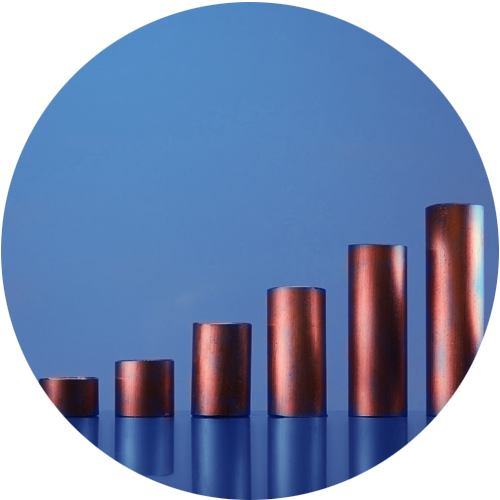
Industrial metals are those that are used in the production of industrial goods and infrastructure, such as copper, aluminum, and zinc. Copper is the most widely traded industrial metal and is used in the production of wiring, plumbing, and other applications.
Aluminum is another popular industrial metal, used in the production of cans, airplanes, and other products. Zinc is also widely used in the production of metal alloys, batteries, and other applications.
4. Agricultural Commodities
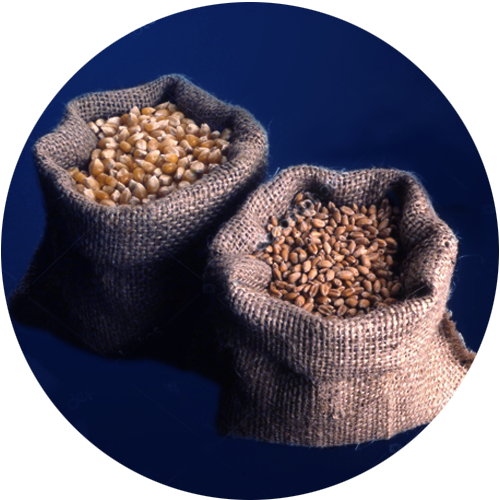
Agricultural commodities are those that are produced through farming and include crops, livestock, and dairy products. Some of the most popular agricultural commodities include wheat, corn, soybeans, coffee, and sugar.
Wheat is the most widely traded agricultural commodity and is used in the production of bread, pasta, and other food products. Corn is another popular agricultural commodity, used in the production of ethanol, animal feed, and other products.
Soybeans are used in the production of animal feed, tofu, and other food products. Coffee is a popular beverage around the world and is produced in countries such as Brazil, Colombia, and Ethiopia. Sugar is another widely traded agricultural commodity, used in the production of food and beverage products.
Trading Strategies
There are two main types of trading strategies in commodity trading: hedging and speculation. Hedging involves using commodities to protect against price fluctuations in other investments. For example, a farmer may use futures contracts to lock in a price for his crop before it is harvested, in order to protect against a drop in price.
Speculation involves buying and selling commodities with the goal of making a profit. Speculators try to predict future price movements based on factors such as supply and demand, weather patterns, and geopolitical events.
Commodity Markets
Commodities are traded on exchanges, such as the Chicago Mercantile Exchange (CME) and the New York Mercantile Exchange (NYMEX). These exchanges provide a centralized marketplace where buyers and sellers can trade commodities. The prices of commodities are determined by supply and demand, just like any other market.
Risks and Rewards
Like any investment, commodity trading involves both risks and rewards. The prices of commodities can be highly volatile and can be affected by a variety of factors. Additionally, commodity trading requires a significant amount of research and analysis in order to make informed investment decisions.
On the other hand, commodity trading can offer significant potential rewards, as prices can be highly volatile. Additionally, commodity prices are often influenced by global events, which can create opportunities for profit.
Final Thoughts
Commodity trading can be a complex and risky investment, but it can also offer significant potential rewards. Understanding the basics of commodity trading, including the different types of commodities, trading strategies, and commodity markets, is essential before getting started. With the right knowledge and preparation, commodity trading can be a valuable addition to any investment portfolio.
So, now that you know the basics of trading commodities, don't let this opportunity slip away - take action now and start your journey toward successful commodity trading!
